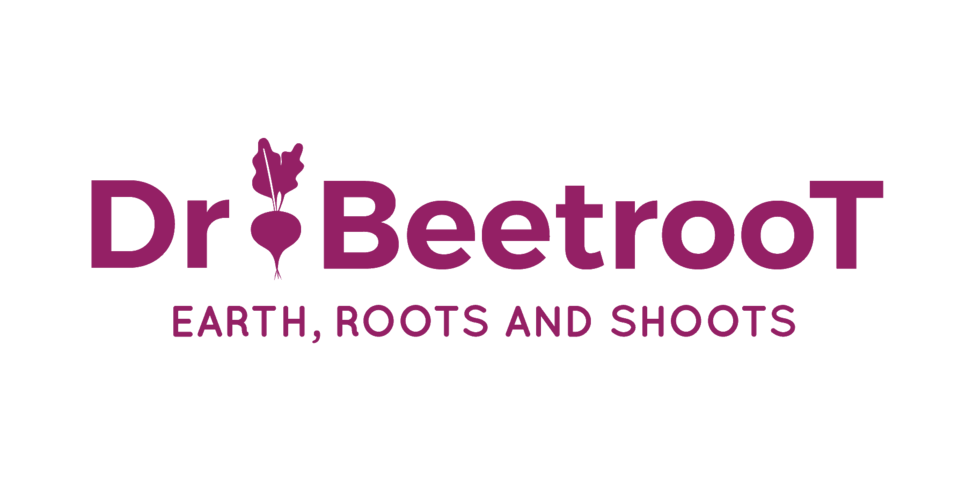Nutrition Month March: Wheat... Meat... Beet... March 4, 2015 13:51

March is the National Nutrition Month in Canada. This is the perfect time to reflect on our nutrition perspectives. Generally cereals particularly wheat satisfies the human energy need. Wheat is eaten in many forms like bread, bun, doughnut, or any other such baked items. Wheat is converted into sucrose and glucose and finally utilised by our body as energy in certain amount of calories. Wheat could also be the source of carbohydrate. Meat being animal protein satisfies the human need of protein and lipid the other two essential nutrients for meatarians. For vegetarians, the pulses and dairy products substitute the meat’s role. Those above nutrients may be essential for living but cannot guarantee a healthy living or a nutritious eating. Because, there are some side effects due to those wheat and meat or pulses or dairies in terms of gluten, improper in production, processing, and preparing of foods. Only vegetables, fruits, greens, and herbs can guarantee such healthy living because they have the most essential vitamins, minerals, and phyto-nutrients. They can also fix the side effects of consuming wheat & meat. There is a vegetable that is time-tested; part of almost all the cultures across the world; rich source of most important nutrients; a supplementing super food; most intense of vegetables. That is Beetroot. Fatty people who are cautiously looking for low calorie food should know, a 100g of raw beetroot has only 43 calories which is 2% of recommended daily allowance. It also has 0% fat & 0% cholesterol; 10% fibre; 10% iron; 27% folate; 6% magnesium; 14% manganese; 8% copper; 8% vitamin C; and 7% potassium of RDA. It also has most essential phyto nutrients like beta carotene 20 microgram and Betaine 129 mg. Beetroot is a vegetable but you can make a juice out of it like a fruit as it has good vit C content. It is more than equivalent to a prenatal vitamin tablet; more than a digestive help supplement. Nitric Oxide, the magic component in beetroot widens the blood vessel thereby reduce or prevent the risk of heart attack. It also reduces the oxygen uptake there by one who consumes beetroot or juice feels stronger as he/she needs comparatively less oxygen to do a same work. Betaine, another magic component & high anti-oxidant in beetroot fights against cancer and increases the hemoglobin content in the blood so that oxygen is carried to all the cells that reduce the blood pressure as well as anti-age the body. So what else can be called super food other than Beetroot.

